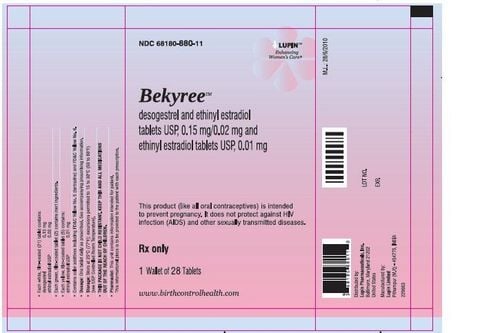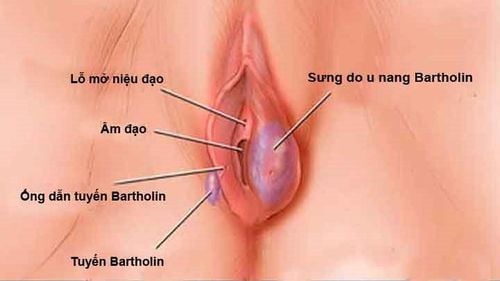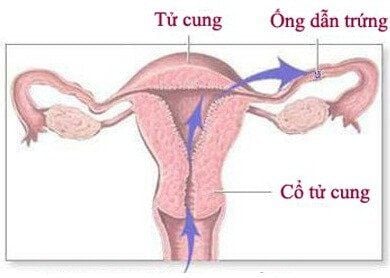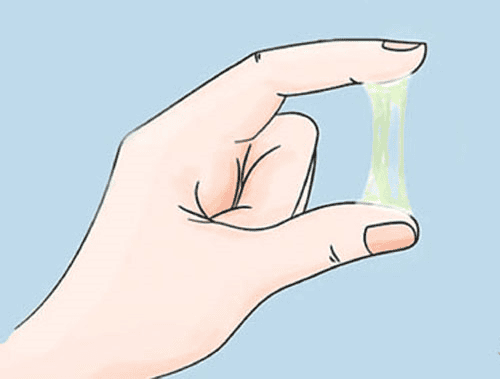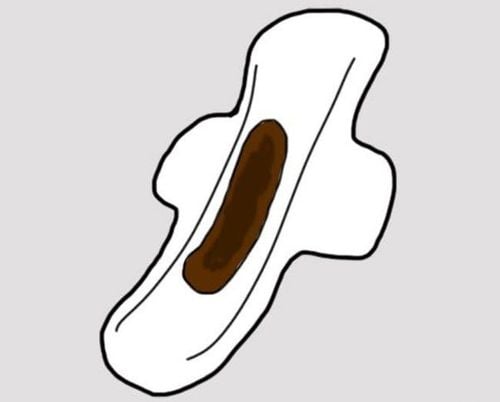This is an automatically translated article.
The article is professionally consulted by MSc, BS. Nguyen Thi Tam Ly, Reproductive Support Center, Vinmec Times City International General Hospital.Endometriosis can appear in many different places and is most common in the ovaries. So what is endometriosis in the ovaries?
1. What is endometriosis in the ovaries?
Endometriosis is a condition in which the endometrial tissue of the uterus grows on the outside of the uterus. Endometriosis can occur in women of any age.Endometriosis when appearing in the ovaries causes ovarian cysts in the form of endometriosis.
2. The effect of endometriosis on the ovaries
Endometriosis in the ovaries can affect a woman's fertility, although some people can still have completely normal fertility without intervention. Causes that affect fertility include:Endometriosis-type ovarian cysts damage healthy ovarian tissue, reducing ovarian reserve. Fallopian tubes can become scarred, mechanically hindering the movement of eggs and sperm. Endometriosis in the ovaries can increase the risk of an ectopic pregnancy. Substances in endometriotic cysts can prevent fertilization of an egg... MORE: Endometriosis and the risk of infertility
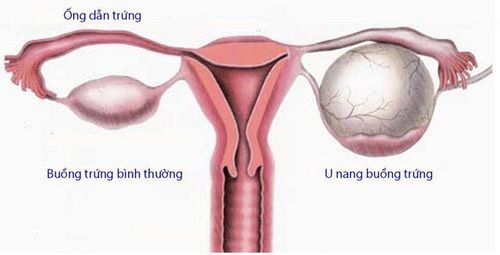
3. Common Symptoms of Endometriosis Ovarian Cysts
Endometrioid ovarian cysts may not show any signs or symptoms at all. If so, the common symptoms are:Pelvic pain, from a feeling of pressure and pressure to a sudden sharp, severe pain. Abdominal pain during menstruation. Pain during sex. May have difficulty defecating, urinating May experience blood in the urine, blood in the stool. Irregular menstrual cycles (bleeding more than usual, bleeding less than usual, or bleeding irregularly). Infertility, infertility.

4. Diagnosis of endometriosis ovarian cysts
The diagnosis of endometriosis-type ovarian cyst is usually not too complicated. In addition to the physical examination, the doctor will order ultrasound, or if necessary, magnetic resonance imaging (MRI). In addition, the doctor may appoint a laparoscopy to both diagnose and intervene.5. Treatment of endometriosis ovarian cysts
How endometrioid ovarian cysts will be treated depends on:Size of the tumor Severity of symptoms The age of the patient and the intention to have children in the future. SEE ALSO: Treatment of endometriosis in infertility
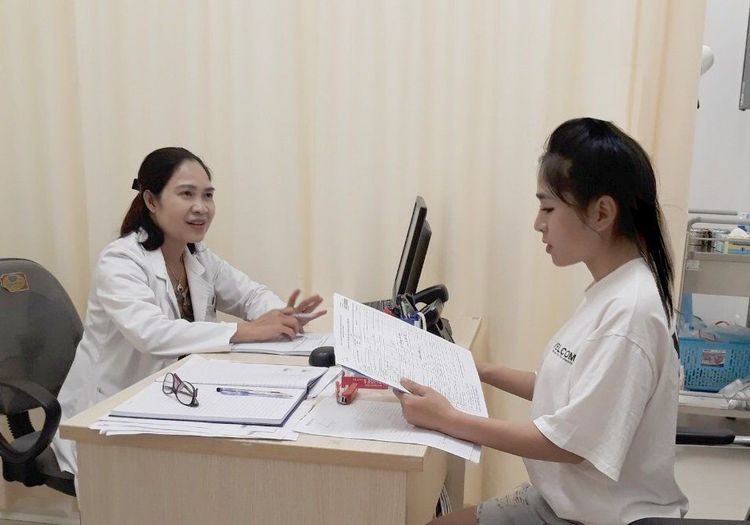
Monitoring, periodic follow-up: endometrioid ovarian cysts cannot go away on their own, but in the case of small tumors, they do not show many symptoms. the patient can be monitored and re-examined periodically, there is no need for immediate intervention. Medical treatment: Your doctor may prescribe medication to reduce the size of endometriosis-type ovarian cysts. The commonly used drug is GnRH, but some unwanted effects may occur such as hot flashes, osteoporosis, decreased sex drive,... Surgical treatment: if the tumor size is large, the If symptoms are severe and severe, do not respond or cannot be treated with medical therapy, the doctor will appoint surgical intervention. About Vinmec fertility center:
The center has modern facilities Apply medical advances in infertility diagnosis and treatment with a success rate of up to 50%, especially in pregnancy. difficult cases.
Please dial HOTLINE for more information or register for an appointment HERE. Download MyVinmec app to make appointments faster and to manage your bookings easily.
Article referenced source: NHS, healthline.com




